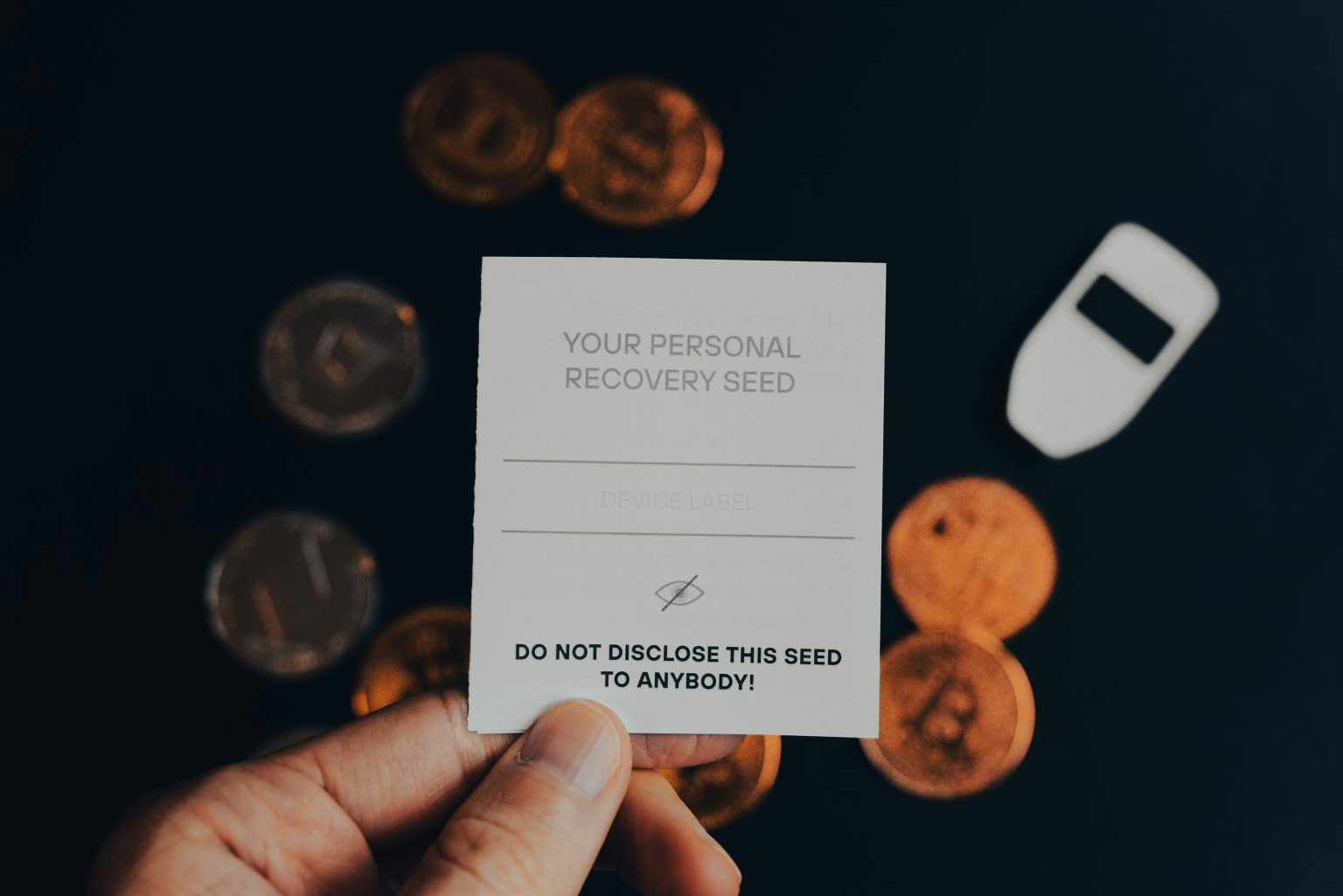The internet has become as much a part of our daily lives as the kettle in the kitchen, but while it offers endless convenience, it also comes with risks. Small, everyday online actions can leave a trail of personal data that’s easy for cybercriminals to exploit. But online safety is more than just security software; you need to adopt good online practices. The good news is that this is easy to do as long as you’re consistent. Here are four simple habits that will protect your data without disrupting your life or online activity (and you can add them to your routine today)!
Create strong passwords and update them regularly
Passwords really are the keys to our digital lives, but too many people still rely on short, predictable ones, or even reuse the same one across their accounts. If a hacker gains access to one of your accounts, they’ll be able to access others easily. A secure password should be unique to each account, long enough to resist guessing, and include a mix of letters, numbers, and symbols. Password managers can make this less of a headache by generating and storing strong passwords for you instantly.
Store important files securely in the cloud
Important documents, personal family photos, and work files deserve better protection than some random folder on your laptop. Using encrypted cloud services ensures that even if your device is lost or stolen, your files remain private and accessible only to you. And it doesn’t have to be costly – services such as free cloud storage combine secure encryption with easy access, so you can store, share, and back up your most valuable data without fear of hackers getting at it.
Don’t overshare personal details on social media
A birthday post, a photo of your street, a holiday check-in – each of these reveals a fragment of your personal life. Criminals can piece these clues together to answer security questions or target you for scams. Before you post, think about how the information could be used in the wrong hands. Adjust your privacy settings and consider sharing updates with a smaller, trusted audience of close friends and family.
Don’t ignore software updates
Those ‘update now’ reminders really do matter. Software updates often patch security holes that hackers are eager to exploit. If you delay, this gives criminals a bigger window of opportunity. Enable automatic updates where possible, and make a habit of checking for updates on your devices and apps. A few minutes spent updating can prevent a major data breach.
Online safety is about the simple daily habits
Online safety isn’t just about avoiding obvious scams, but being mindful of the small habits that could really strengthen your digital security. By tightening your password practices, posting with caution, and keeping software current, you make it much harder for cybercriminals to get a foothold. Think of it as digital housekeeping: a few small changes can keep your online life far safer.



